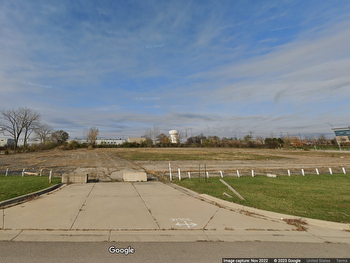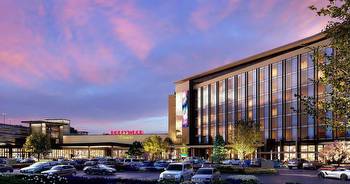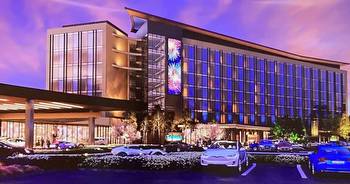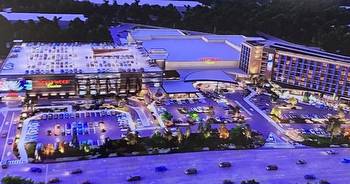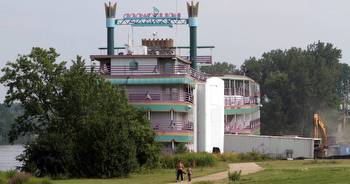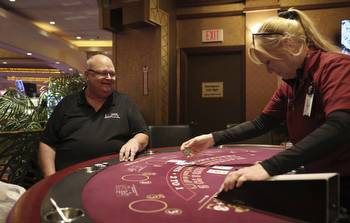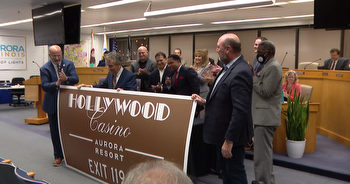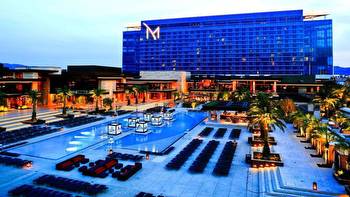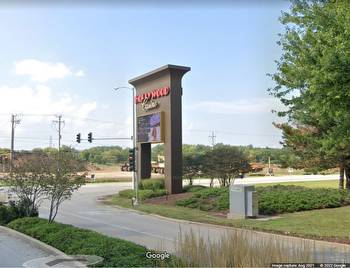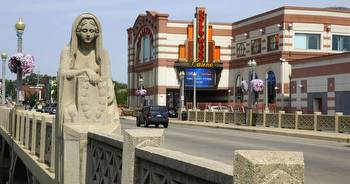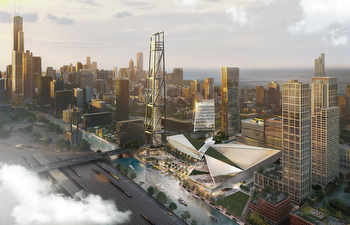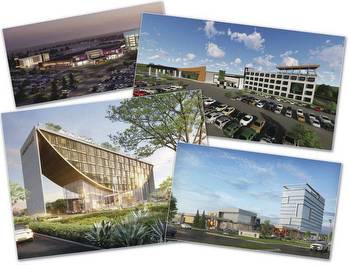Hollywood Casino Aurora owners want to move out of downtown, rebuild by I-88
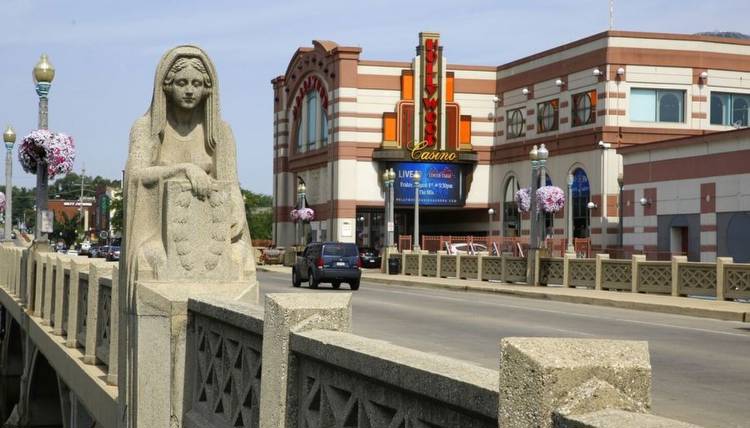
The owners of Hollywood Casino Aurora want to close their facility in downtown Aurora and rebuild it on a site closer to Interstate 88, they announced Monday.
The new location would cost about $360 million and include a casino with about 900 slot machines, 50 live table games and a sportsbook, officials at Penn Entertainment said. The current casino has more than 1,000 slots and 21 table games.
But the new casino complex would also have a 200-room hotel with about 10,000 square feet of meeting and event space.
“Our plan for Aurora is to construct a modern, best-in-class casino and hotel in an ideal location off I-88 that will allow us to serve the millions of visitors to the adjacent Simon Premium Outlet Mall,” said Jay Snowden, CEO and president of Penn Entertainment, referring to the Chicago Premium Outlets mall.
The location would also have new bars, restaurants and a spa, according to the news release from the Pennsylvania-based company that owns 43 casinos and racetracks in the U.S. and Canada.
Penn is planning a similar shift with Hollywood Casino Joliet, in which its riverside casino outside the suburb would be closed and a new facility built within the new Rock Run Crossings development by the interchange of Interstates 80 and 55.
Penn said the new land-based casino at Rock Run Crossings has an estimated budget of $185 million and will combine state-of-the-art gaming with high-quality dining options and 10,000 square feet of meeting and event space. Construction is expected to begin in late 2023, subject to local regulatory approval.
Aurora city spokesman Clayton Muhammed said the plan calls for the new casino complex to be built on city-owned land near Farnsworth Avenue and Bilter Road next to Chicago Premium Outlets. The plan calls for the city to give over the land, which used to host two hotels the city purchased for around $7 million in 2018 and later razed, and pay for up to $50 million of the project by issuing new bonds.









